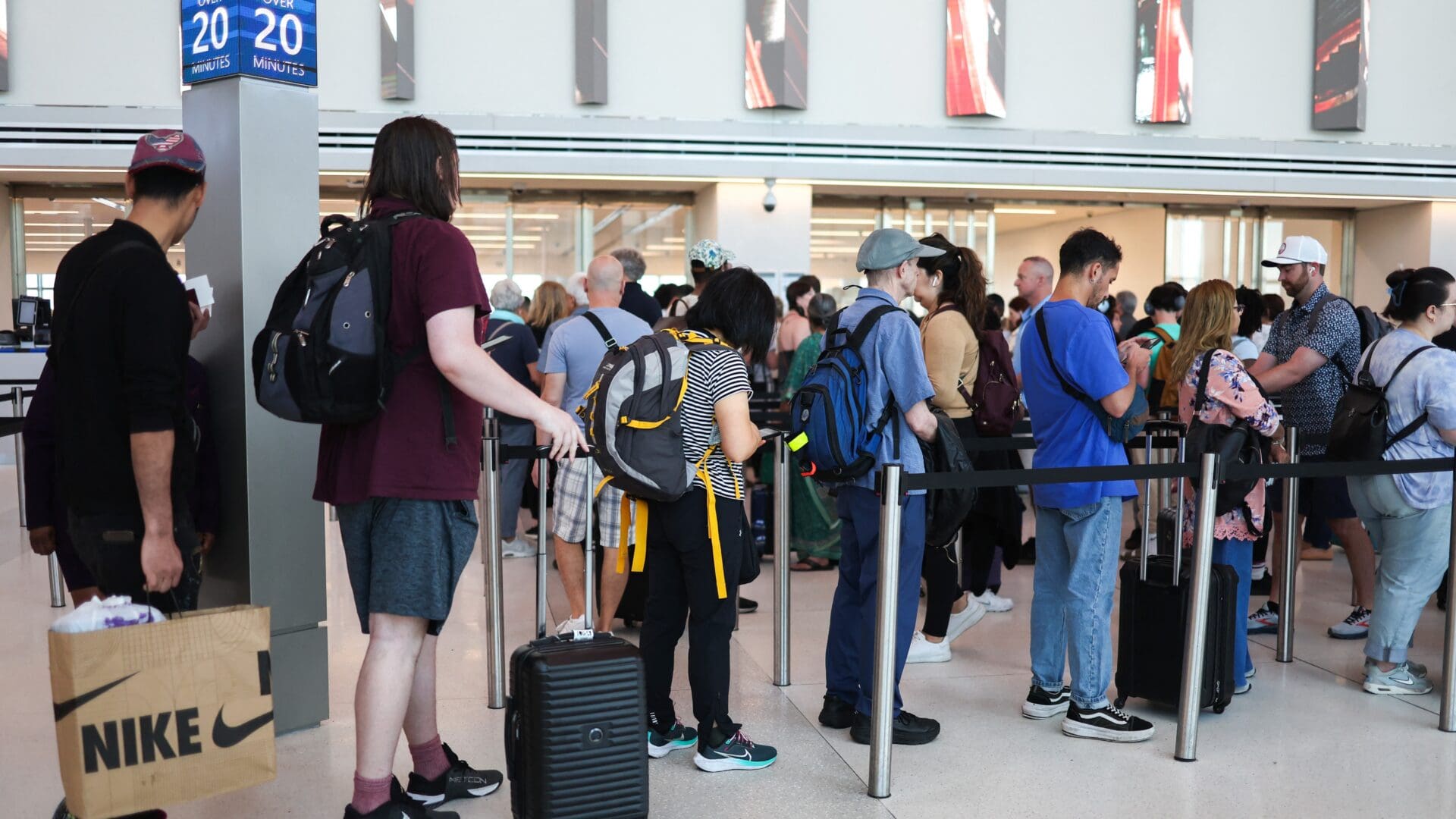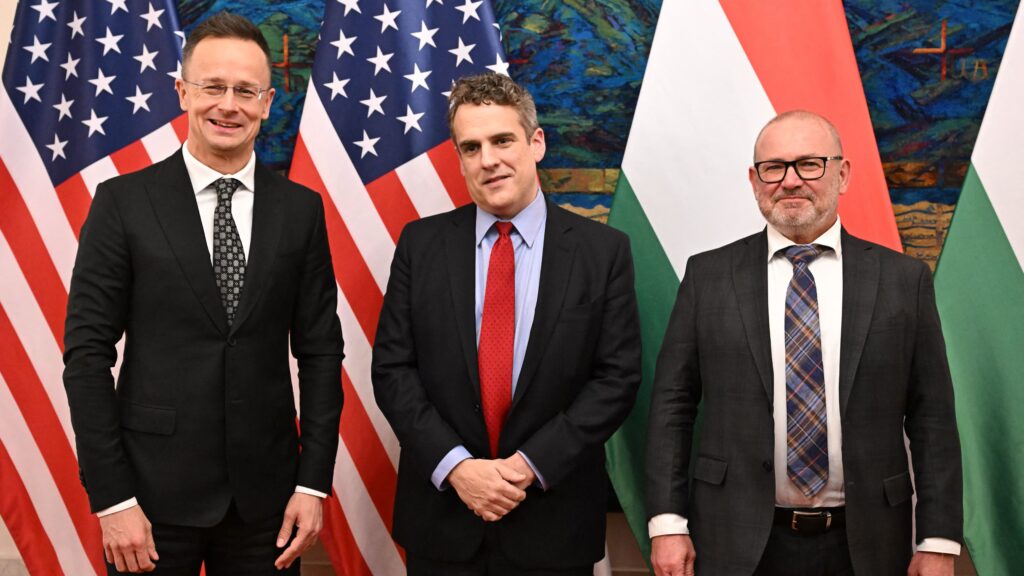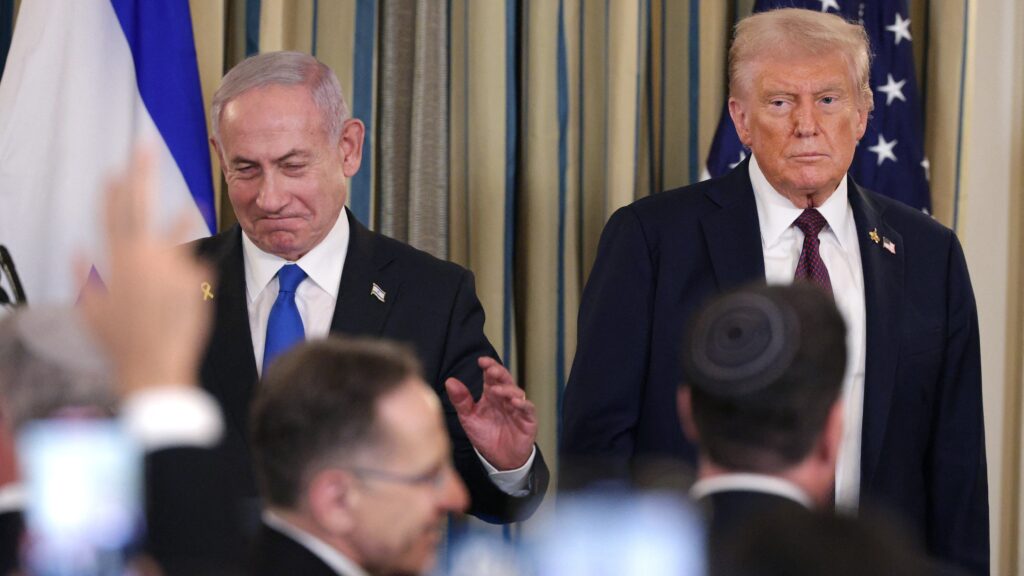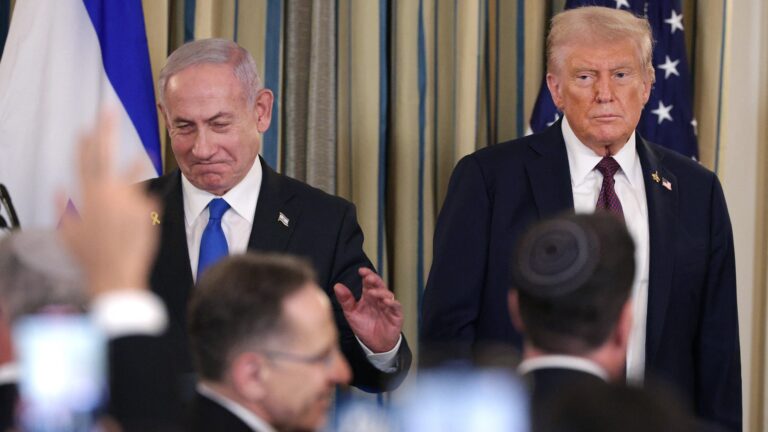Bulgaria is the poorest country in the European Union, but Sofia’s international airport doesn’t betray that fact. American visitors are especially bound to notice: Sofia’s airport is clean, modern, and efficient. After exiting the facility, the traveler catches a glimpse of beautiful mountainous terrain before entering the convenient adjoining metro stop or hailing a cab. During a recent visit, this author witnessed a section of the departure hall double as a lively watch-space for the Euro 2024 football tournament (for which Bulgaria did not qualify).
In nearby, non-EU Belgrade, the reality is similar: Serbia’s capital sports a commendable airport, one that positively influences first-time visitors. The signs warning travelers not to smuggle cobras and monkeys offer some exotic charm, but the American visitor is likely to the find the clean bathrooms and floors more noticeably charming. The customs officers are delightful. Welcome to Serbia.
Crossing the Atlantic in a westerly direction, the traveler confronts a decidedly different landscape. In 2014, then-Vice President Joe Biden opined that New York’s LaGuardia Airport ‘feels like it’s in some third-world country.’ Little has changed in the ensuing decade. If anything, the contrast between Europe and Asia’s airports and America’s has become starker. British airport consultancy Skytrax releases an annual ranking of global airports; in the 2024 edition, Seattle-Tacoma International Airport (#24) is the only American representative in the top-25.
American airports feature a shocking degree of bureaucracy, in addition to the aforementioned uncleanliness.
Security measures are more intrusive than European equivalents but don’t make travelers feel safer. American airports generally require full-body scans and shoe removal, infrequent obligations on other continents. Check-in, security, and passport-control lines frequently demand hours, not minutes. Frustrated flyers can be forgiven for thinking the queues are intentionally designed this way. Underpaid airport and Transportation Security Administration (TSA) employees often (though certainly not always) exhibit crabby, unhelpful demeanors. Arriving at a major American airport, a first-time visitor to the United States deserves some sympathy. Ugly America is on display.
Predictably, the libertarians are on the scene. Michael Sargent, of the Foundation for Economic Education, argues ‘these miseries are exacted on travelers because airports are prohibited from running like normal businesses due to burdensome government involvement,’ and he calls for extensive privatization measures. Sargent’s diagnosis of infrastructural problems tracks with those of several American and international analysts, but it only feels like part of the problem, and not even the most significant part.
Funding is an obvious issue, and a profit incentive might or might not improve this reality. As with sports franchises, an owner might invest and seek to benefit the community or cut corners and squeeze every penny of profit. Privatization is not a silver bullet.
Furthermore, airport funding represents just a piece of America’s well-documented infrastructure woes.
Jonathan Hillman, of the Center for Strategic & International Studies, argues ‘revitalizing U.S. infrastructure needs to be treated as a national security priority rather than a punchline.’ He suggests restoring infrastructure spending to levels corresponding to those of the mid-twentieth century, when the Eisenhower Administration constructed the country’s remarkable highway system. Since American politicians’ only ostensible point of agreement is feeding the bloated military-industrial complex about which Eisenhower famously warned, this is a fanciful suggestion.
Indeed, the United States trails other advanced nations in both infrastructure investment and quality. One-in-three American bridges needs repair. High-profile air, sea, and rail disasters have baffled American onlookers in recent years. It is hard not to reach the conclusion that the Second World has mastered these issues, never mind economic peers in the First.
Addressing Niall Ferguson’s recent assertion that “We’re All Soviets Now,’ The American Conservative’s Helen Andrews writes:
We like to reassure ourselves that, if we were really in a late Soviet situation, we would know it. Think of Boris Yeltsin and his boggling at an American grocery store. The contrast between capitalist abundance and empty shelves at home was obvious. There is no equivalent experience for an American today, say the optimists. In fact, there may well be—just ask the many visitors who come back from East Asia with the impression that over there, at least, things work.
Things not working is a scenario that Americans are too often willing to accept. This is palpable in society’s expectations of crime and punishment, sanitation, education, healthcare, and, yes, airports. It is undoubtedly why Democratic Party apparatchiks calculated former small-city mayor and establishment darling Pete Buttigieg could coast through a few years as Secretary of Transportation before claiming a more significant role in Washington. That was before America’s transportation ecosystem seemingly imploded all at once. If figures like Ferguson and Andrews are correct, history will consign the mayor and his ruling-class counterparts to the same ranks as late-Soviet leadership, a distinction they richly deserve.







